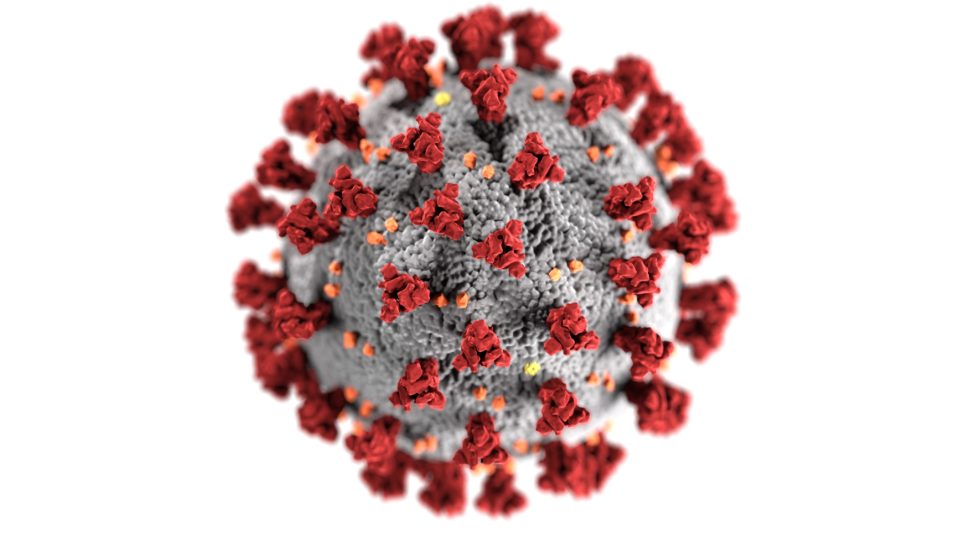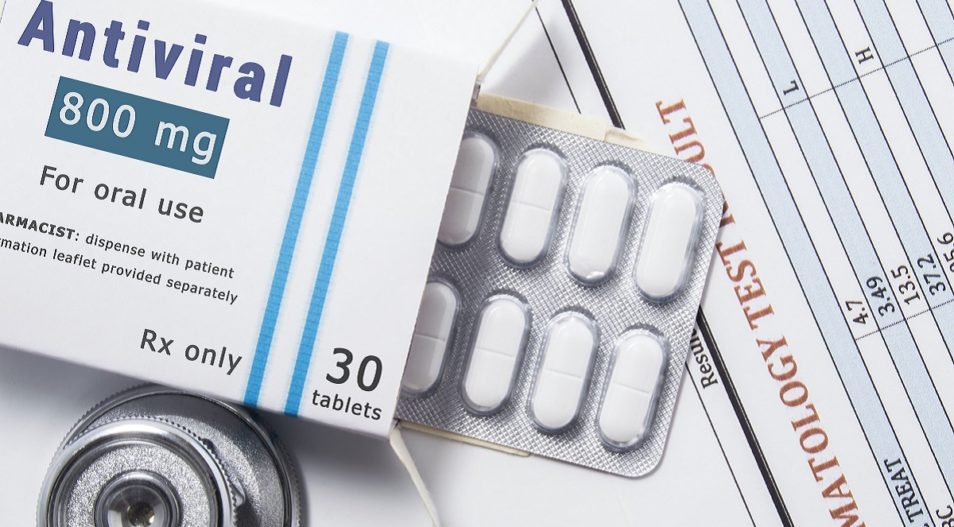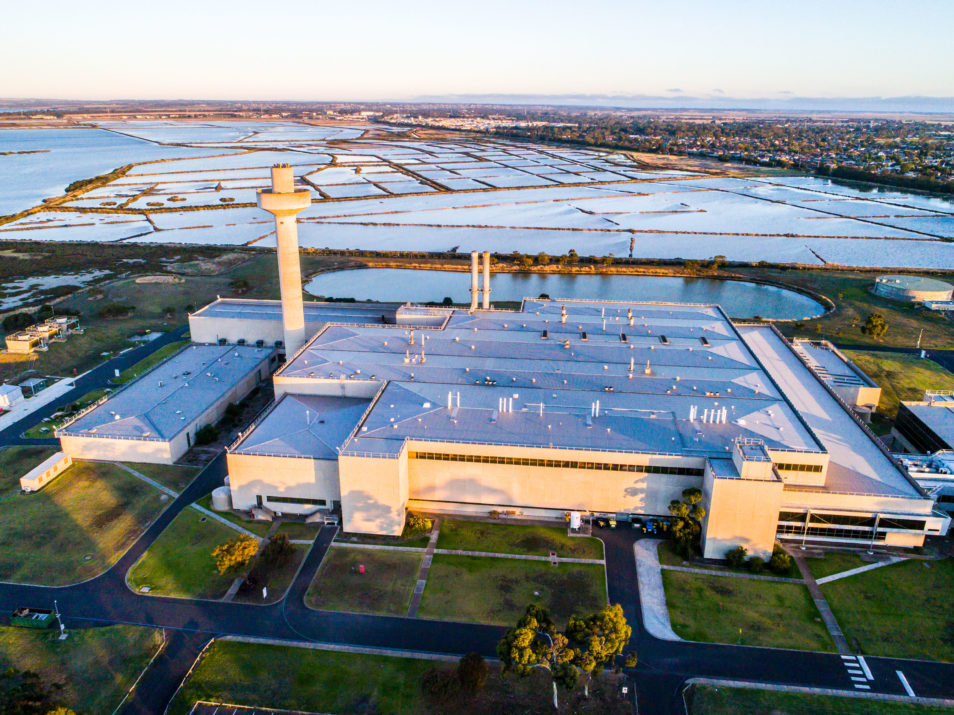Global S&T Development Trend Analysis Platform of Resources and Environment
| Antivirals, antibiotics or vaccines: what are our options for tackling COVID-19? | |
| admin | |
| 2020-06-03 | |
| 发布年 | 2020 |
| 语种 | 英语 |
| 国家 | 澳大利亚 |
| 领域 | 地球科学 |
| 正文(英文) |  There are many ways to limit SARS-CoV-2’s effects. We investigate which COVID-19 treatments or vaccines will be effective. Image: CDC Researchers in Australia and around the world are on a mission. They’re investigating a wide suite of ways to help curb the spread of the SARS-CoV-2, the virus that causes COVID-19. This includes possible COVID-19 treatments and vaccines. Let’s take a closer look at the different options and what they mean. Possible COVID-19 treatmentsAntiviralsWe’ve talked before about what a virus is. They’re an infectious agent, much smaller than a bacterium. Viruses cannot grow or reproduce by itself outside of a living cell. Antivirals inhibit the development of the virus. This minimises their ability to infect and cause disease symptoms. Antivirals can also shorten the duration of a viral illness. There are antivirals for many diseases such as HIV, herpes and the flu. So how do they work? An antiviral compound can interfere with the viral replication cycle at different stages. For example, an antiviral can stop a virus’ entry into the host organism. An example is the protein ACE2, which stands for angiotensin converting enzyme-2. ACE2 is important because it serves as the entry point into cells for many coronaviruses, including SARS-CoV-2. So a number of scientists are targeting this receptor in the race to find drugs. Some antivirals can also stop a virus from coding its nucleic acid to replicate inside the host. In the case of SARS-CoV-2, antivirals can stop its RNA from coding. But it’s not easy to design and develop safe and effective antivirals that are specific to a virus. Especially within a short period of time. Viruses use the host organism’s cells to replicate. So scientists have to find targets that would affect the virus without harming the host cells. Another problem in developing antivirals is that viruses could mutate. That may change the ability of the antiviral to work. If a mutation occurs in the part of the virus targeted by the antiviral, then likely to be less effective. Researchers are investigating whether any existing antivirals might also work against SARS-CoV-2. This ‘repurposing’ would be a much faster way to bring treatments to market during a pandemic.  Antivirals inhibit the development of the virus and shorten the duration of the resulting illness. Image: Shutterstock. AntibodiesIn addition to antiviral compounds, other therapies such as monoclonal antibodies could be useful. For instance, two antibodies (dubbed B38 and H4) have shown great promise to parts of the SARS-CoV-2’s receptor-binding domain. Laboratory experiments conducted in China showed this. They could be explored as a potential therapeutic option. Vaccines: helping your body attack infectious diseasesVaccines are biological substances that help us develop immunity to certain infectious diseases. These diseases can be caused by viruses as well as bacteria. Vaccines can be a weakened or killed form of the disease’s microbe, its toxins, or one of its surface proteins. Vaccines stimulate your body’s immune system to recognise an infectious particle as a threat and destroy it. They also teach the immune system to remember it. So your system can recognise and destroy it should it infect you in the future. There are a multitude of vaccines out there. Some of which have most likely helped bolster your own immune system. Childhood diseases like measles, mumps, rubella and polio are almost gone thanks to vaccines. We’re helping international partners understand the characteristics of COVID-19, which is a key step in creating a vaccine. We are supporting the development, manufacture, as well as preclinical evaluation of different vaccine candidates. There are many steps to safely developing a vaccine and it might be 2021 before one is available.  We’re testing two vaccine candidates at the Australian Centre for Disease Preparedness. Antibiotics: treating illness caused by bacteriaAntibiotics are used to treat bacterial illnesses. They limit the growth and replication of bacteria. They can also kill bacteria. Antibiotics only work against bacteria. Unfortunately, they can’t treat COVID-19 because SARS-CoV-2 is a virus. Not only would taking antibiotics be ineffective for COVID-19, but they could also help any bacteria in your system develop resistance. That’s how superbugs come about. We’ve discussed the effects of superbugs and antimicrobial resistance before. But long story short, it could kill 10 million people by 2050 if this isn’t managed. To put this into perspective, last year resistance to antibiotics killed an estimated 700,000 people. So far at the time of publishing, COVID-19 has killed over 380,000. If you’ve been prescribed an antibiotic when you had a viral infection, that’s because some viral infections could lead to secondary bacterial infections. So the antibiotic is prescribed in such cases to treat the secondary infection. All these choices…Our best options against COVID-19 would be antivirals and vaccines. Our researchers at the Australian Centre for Disease Preparedness in Geelong have been flat-out working to understand the virus and developing animal models. This will help other researchers working on COVID-19 treatments and vaccines. We’ll continue to keep you updated on our progress. |
| URL | 查看原文 |
| 来源平台 | Commonwealth Scientific and Industrial Research Organisation |
| 文献类型 | 新闻 |
| 条目标识符 | http://119.78.100.173/C666/handle/2XK7JSWQ/273852 |
| 专题 | 地球科学 |
| 推荐引用方式 GB/T 7714 | admin. Antivirals, antibiotics or vaccines: what are our options for tackling COVID-19?. 2020. |
| 条目包含的文件 | 条目无相关文件。 | |||||
| 个性服务 |
| 推荐该条目 |
| 保存到收藏夹 |
| 查看访问统计 |
| 导出为Endnote文件 |
| 谷歌学术 |
| 谷歌学术中相似的文章 |
| [admin]的文章 |
| 百度学术 |
| 百度学术中相似的文章 |
| [admin]的文章 |
| 必应学术 |
| 必应学术中相似的文章 |
| [admin]的文章 |
| 相关权益政策 |
| 暂无数据 |
| 收藏/分享 |
除非特别说明,本系统中所有内容都受版权保护,并保留所有权利。
修改评论